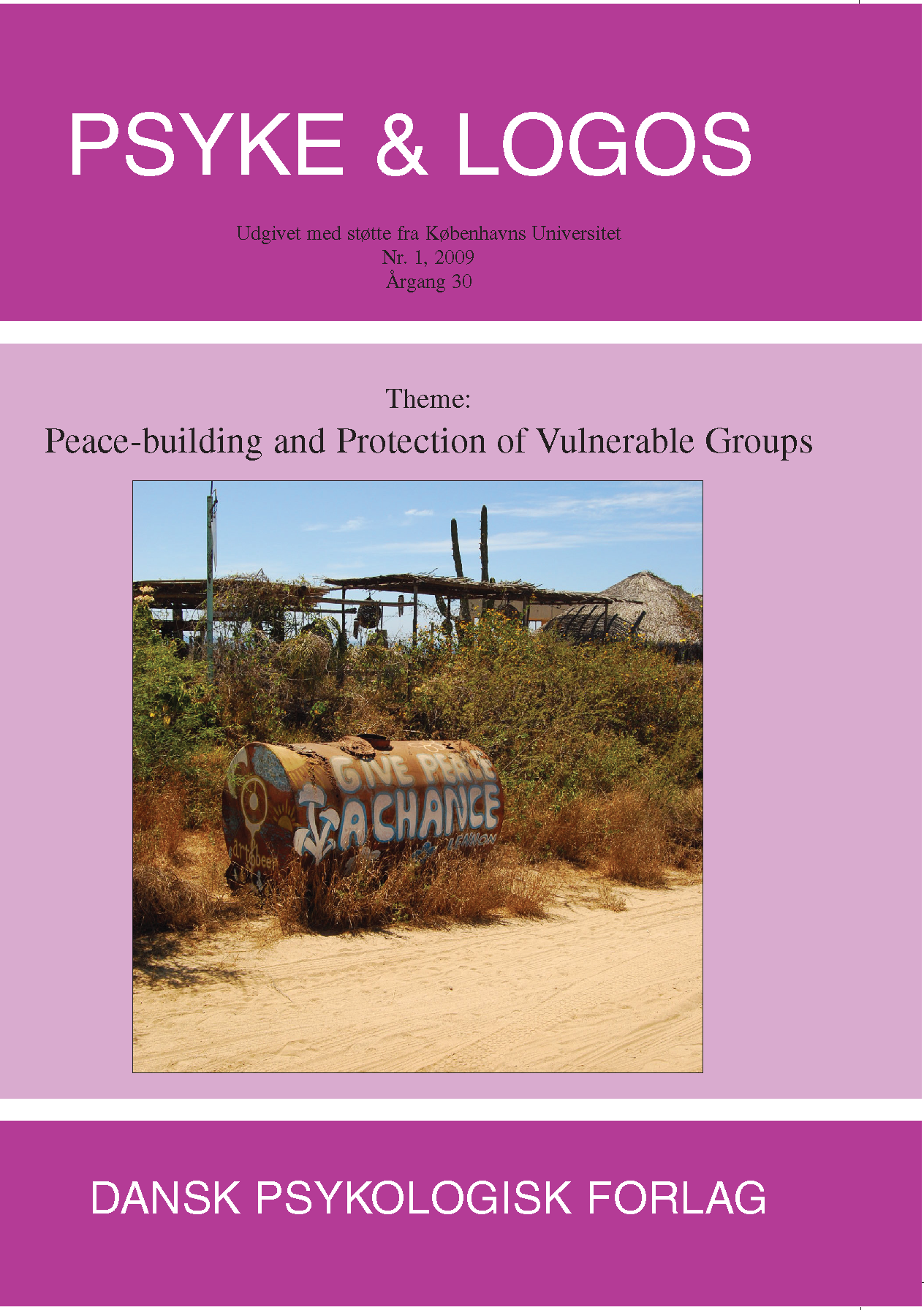THE WORK FIELD OF TORTURE AND NGOs – THE REALITY AND IMPACT
DOI:
https://doi.org/10.7146/pl.v30i1.8711Keywords:
Peace-building, Vulnerable groups, NGOsAbstract
Accumulated evidence that torture and other related human rights violation produce health-related consequences that requires health professional assistance, has been the point of departure for the development of a global association of rehabilitation centres specialised in rehabilitation of torture survivors. The majority of these survivors lives in third world countries where locally funded rehabilitation services are minimal or non-existent, and most of the specialised rehabilitation centres for torture victims are non-governmental organisations (NGOs) who are totally dependent on foreign donors After a quarter of a century and impressive expansion of rehabilitation efforts worldwide, there is still no consensus about the efficacy of treatment interventions for torture survivors. There is little literature about treatment outcome, design models and structure of rehabilitation services, cost-effectiveness, or sustainability of services.
General principles of assessment and treatment remain unchanged and controversies over Posttraumatic Stress Disorder (PTSD) applicability for torture survivors persist. Since systematic knowledge and scientific evidence is lacking in many areas within the work field, it has not been possible to recommend or reach consensus on »best practice guidelines « and on the organisation and functioning of rehabilitation services they offer in different socio-cultural contexts. The current paper is intended as a critical overview of NGOs – viewed from the perspective of the reality and impact of what they achieve at the work field of torture.
Downloads
Published
How to Cite
Issue
Section
License
Ophavsret er tidsskriftets og forfatternes. Det er gældende praksis, at artikler publiceret i Psyke & Logos, som efterfølgende oversættes til andet sprog, af forfatteren frit kan publiceres i internationale tidsskrifter, dog således at det ved reference fremgår, at den oversatte artikel har et forlæg i en dansksproget version i Psyke & Logos. Artikler kan frit deles og linkes til på forsknings- og undervisningsnetværk (så som Blackboard). Link foretrækkes, fordi det giver oplysning om brug af tidsskriftets artikler.




